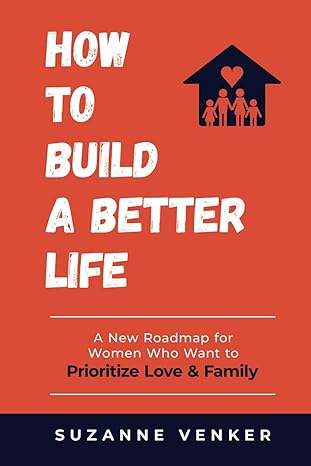Want To Join The Old Boys Club?
From Riseschool Blog
For starters, what is this old boys club?
As the name suggests, the old boys’ club is a boys’ organization, whose membership comprises only ‘boys’, or relatively successful or upwardly mobile, men in society.
Wikipedia describes the term as originally referencing social and business connections among former pupils of male-only elite schools or any closed system of relationships that restrict opportunities (to boys) within the group. The term is believed to have originated from much of the British upper-class having attended certain fee-charging public schools as boys, thus former pupils being referred to as “old boys“.
Traditionally speaking and basing what we’ve seen in movies, an old boys’ network is an informal system in which wealthy men with similar social or educational backgrounds help each other in business or personal matters. Meaning if you belong to an old boys’ club then it implies your chances of success are almost automatic.
Whereas this type of grouping has for a long time been the preserve of men, today, we also find ‘old girls’ networks, which like its counterpart typically comprise groupings or networks of ‘girls’ or women of means, socially, financially, or career-wise. Here in Kenya, we see these popular old boys’ and old girl’s clubs more prevalent amongst alumni students or graduands of popular or top high schools and colleges.
Members of the late and former Safaricom CEO, Bob Collymore’s boys club: Lamin Manjang, Joshua Oigara, Bharat Thakrar, Peter Kenneth and Jeff Koinange–kenyans.co.ke
Similarly, within corporate circles especially fortune 500 companies, we do have old boys and girls networks that are exclusive to senior most corporate leaders or senior board executives. Nevertheless, these elite and exclusive groupings remain more prevalent and beneficial for ambitious men than women. Hence the focus of this article.
How does this Old Boys Club show up in the Office?
If you’ve ever wondered if the male-only network of social and business connections among the elite translates to the office, the answer is a resounding yes! I recently read interesting research by Harvard that revealed that male employees are promoted faster than women whilst working under male managers. On the flip side, male and female employees receive equal promotional treatment under female managers. It appears that men whether subconsciously or consciously support the rapid growth and development of their fellow male colleagues.
Further, the same research concluded that when male employees transfer from a female manager to a male manager, they are promoted faster than any other group. After ten months, that difference in promotion translates into a 14.6% higher salary.
As a leader seeking to raise more leaders, I am not sure what to make of these findings. Nonetheless, the facts are interesting and make for some great food for thought.
Ever heard the adage Your Network is Your Networth?
The boys’ club has majorly existed to support male executive leaders but often on the basis of one’s individual network. It is not easy getting into these clubs for the mere fact of their extreme exclusivity and limits in number. Not every man nor just any man makes it into the ’corporate boys club’ or in essence a company board.
It helps if you know someone, who knows, someone. More importantly, you gain that extra edge if you also understand how to navigate your way onto a corporate board.
How to get a seat at the corporate table?
FACT: If seriously eyeing a board position at your company but you’re waiting to be handpicked by your boss, you may wait a long while.
In today’s competitive and sometimes cutthroat world, you may need to do more. More here means:
- Deliberately putting yourself in the full view of your bosses.
- Building your resume.
- Promoting yourself.
- Honing your work skills.
- Do your research about what kind of members or skills boards are looking for.
Sometimes you have to upskill, for example, maybe even volunteer on boards in your estate or child’s school to gain some board or extra governance experience.
This will mean deliberately nurturing the relationships that you already have with your colleagues. Be it at work, outside work, or even online via social networks like LinkedIn.
The points of view expressed by the authors of videos, academic or non-academic articles, blogs, academic books or essays (“the material”) are those of their author(s); they in no way bind the members of the Global Wo.Men Hub, who, amongst themselves, do not necessarily think the same thing. By sponsoring the publication of this material, Global Wo.Men Hub considers that it contributes to useful societal debates. Material could therefore be published in response to others.

Patricia Murugami
Chief Growth Officer & Global Human Potential Catalyst






Commentaires récents